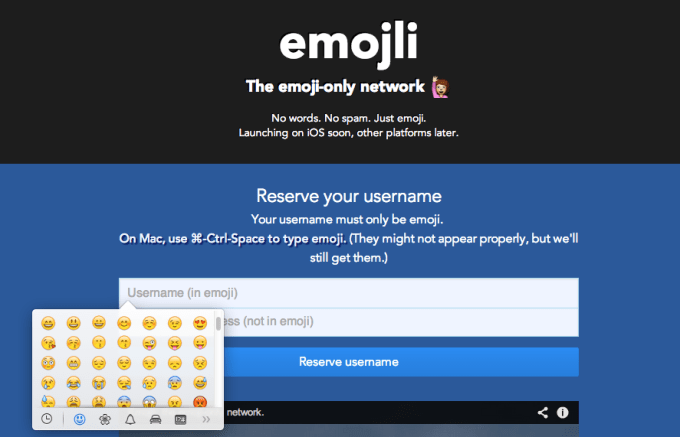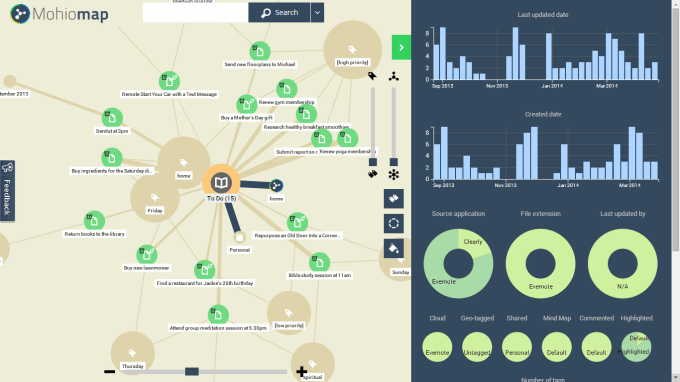Europe vs Facebook: A Growing Class Action Over Data Privacy
The Europe vs Facebook privacy campaign has gained significant momentum, with over 11,000 participants joining its class action lawsuit in just the first weekend. The lawsuit targets Facebook’s alleged violations of EU data protection laws and is open to adult, non-commercial users outside the US and Canada.
Key Participation Trends
- Geographic Breakdown: German-speaking countries lead with 50% of participants, followed by significant numbers from the Netherlands, Finland, and the UK.
- Global Reach: Notable participation from across Europe and South America, highlighting widespread concern over Facebook’s data practices.
Alleged Violations
The lawsuit focuses on several contentious practices by Facebook, including:
- Invalid Data Use Policy: Allegedly non-compliant with EU law.
- Lack of Consent: Insufficient user consent for data usage.
- NSA PRISM Involvement: Accusations of supporting mass surveillance.
- External Tracking: Monitoring users via ‘Like’ buttons on third-party sites.
- Big Data Exploitation: Unauthorized analysis of user behavior.
- Graph Search Controversy: Claims of unlawful implementation.
- Data Sharing: Unapproved transfer of user data to external apps.
Legal Framework
- Court: Filed at the Commercial Court for Vienna against Facebook’s Irish subsidiary.
- Claimant: Max Schrems, a Vienna-based lawyer and privacy activist, leads the case as the sole named claimant.
- Funding: Backed by Austrian law firm ROLAND ProzessFinanz AG, which will receive 20% of any awarded damages.
Damages and Objectives
- Token Amount: Each participant seeks €500, symbolizing the breach of privacy rights.
- Cumulative Impact: With 11,000 participants, potential damages could reach €5.5 million.
- Primary Goal: Schrems emphasizes the lawsuit aims to enforce proper data protection standards, not just financial compensation.
Participation Process
Interested users can join via a mobile-friendly portal, which requires:
- Facebook login for account verification.
- Personal details (address, birth date) to confirm eligibility.
- Upload of a government-issued ID (e.g., passport).
Why Austria?
Schrems chose Austria over Ireland, citing perceived bias in Irish courts due to Facebook’s economic influence there. “Austria offers a neutral ground for this critical privacy battle,” he stated.
Broader Backlash
Parallel to this lawsuit, the Transatlantic Consumer Dialogue (TACD)—a coalition of consumer NGOs—has accused Facebook of reviving its controversial 2007 ‘Beacon’ tracking program under a new guise. TACD’s letter to U.S. and EU regulators demands immediate scrutiny of Facebook’s expanded data collection for targeted ads, calling it a breach of past promises to users.
Historical Context
TACD draws parallels to Facebook’s abandoned Beacon program, which faced massive user backlash and a class action lawsuit for unauthorized web activity tracking. “Facebook’s reversal on privacy commitments undermines user trust,” the group asserts.
This class action represents a pivotal moment in global data privacy advocacy, challenging tech giants to align their practices with legal and ethical standards.












